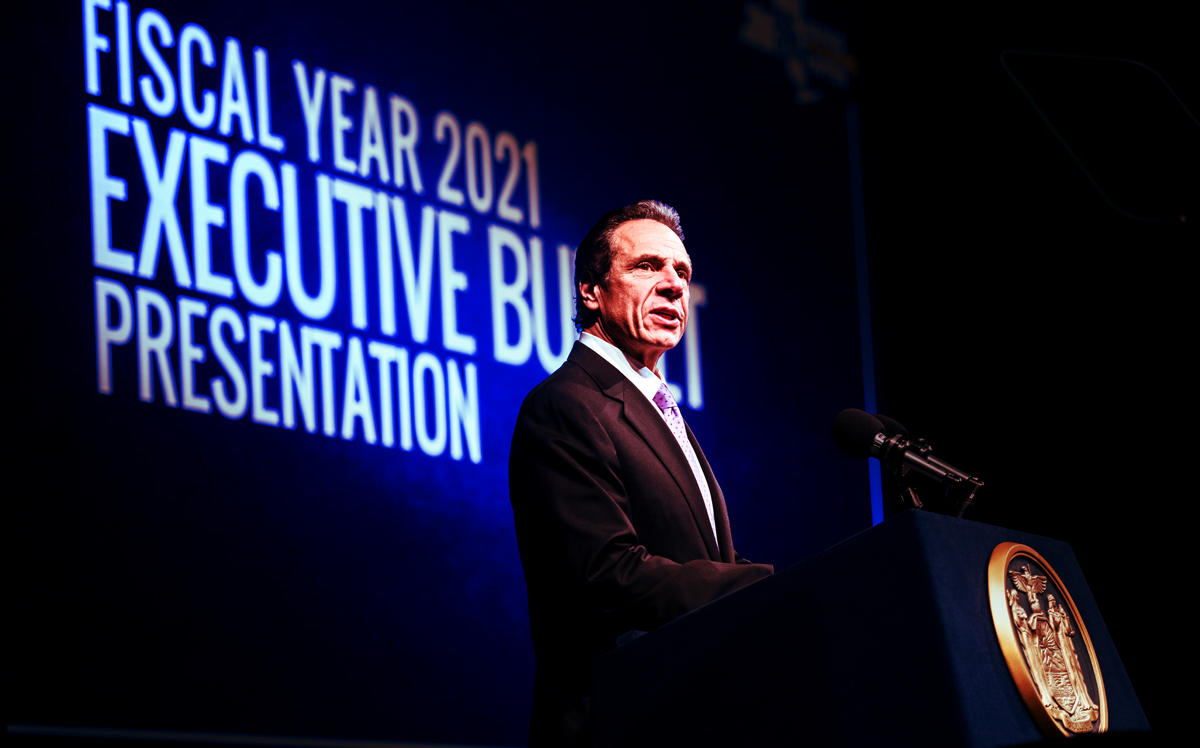New York is facing a $6.1 billion budget deficit, but Gov. Andrew Cuomo said new revenue streams — for example, a controversial high-end real estate tax — are not how he will close it.
Cuomo outlined his annual budget proposal Tuesday, calling for the revival of a panel tasked with reforming the state’s Medicaid program and freezing spending on local assistance programs.
“This is not the time to come up with creative, although irresponsible, revenue sources to solve a problem that doesn’t really exist,” Cuomo said.
Simply finding Medicaid efficiencies and reducing projected spending increases will suffice to bridge the gap, he said.
During his State of the State address earlier this month, Cuomo hinted at forcing New York City and other local governments to pay for a larger portion of their Medicaid cost increases, which collectively account for $2 billion of this year’s budget gap.
Instead, the governor said Tuesday that the state will continue to pay for Medicaid spending growth, provided it doesn’t exceed 3 percent and local governments abide by the state’s 2 percent cap on property tax growth. Meanwhile a reprisal of his Medicaid Redesign Team will determine how to restructure that health care program with the aim of achieving $2.5 billion in savings before the budget is due April 1, the governor said.
During last year’s budget negotiations, the governor pushed for an annual pied-à-terre tax on properties valued at $5 million or more at a sliding rate from 0.5 percent to 4 percent on homes valued at $25 million and more. Instead, Albany approved a “mansion tax” on residential sales along with an increased transfer tax. Those taxes, along with new internet sales taxes, are helping to cover $10 billion of the Metropolitan Transportation Authority’s 2020-2024 capital program.
But Cuomo said Tuesday that he will not rely on tax increases this year.
Still, State Sen. Brad Hoylman has indicated that he plans to revive the pied-à-terre tax proposal this session. And two legislators have introduced a bill to tax mezzanine lending.
The governor, addressing legislators in Albany, also mentioned that he would work with them to establish a “fair prevailing wage” — an apparent reference to efforts to expand the state’s definition of public works, which require a high wage scale for construction workers. It was not immediately clear if an expansion of prevailing wage will be included in Cuomo’s budget bills, which the administration yet to release.
The governor and Legislature aim to pass a state budget before the state’s new fiscal year begins in April.
